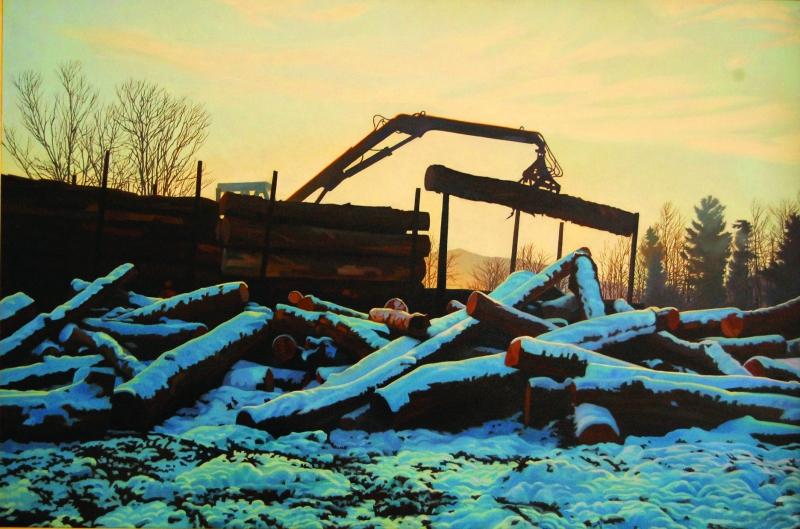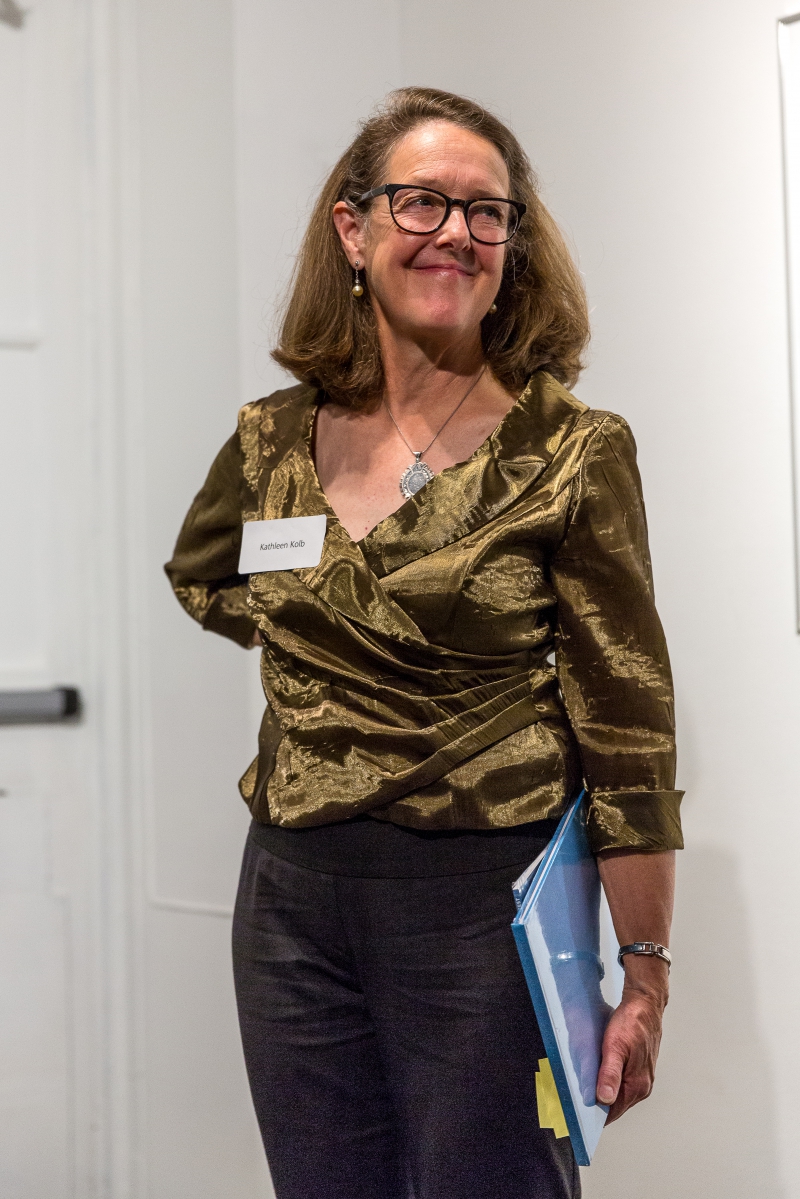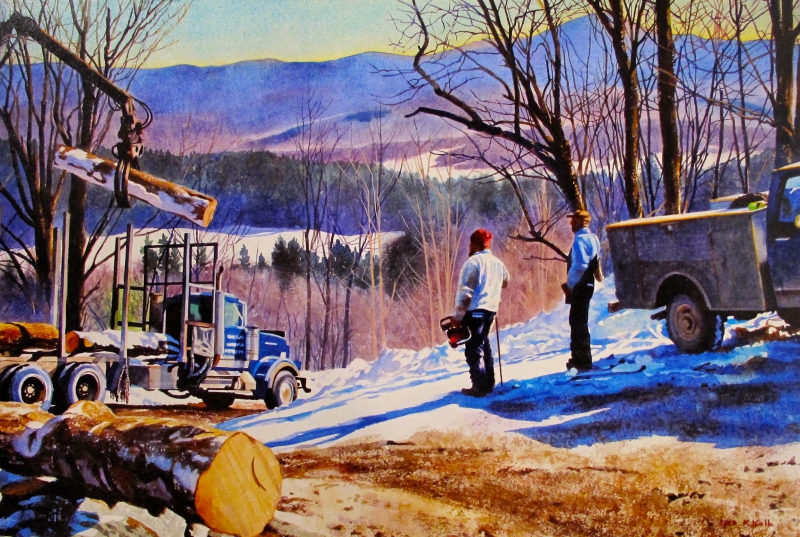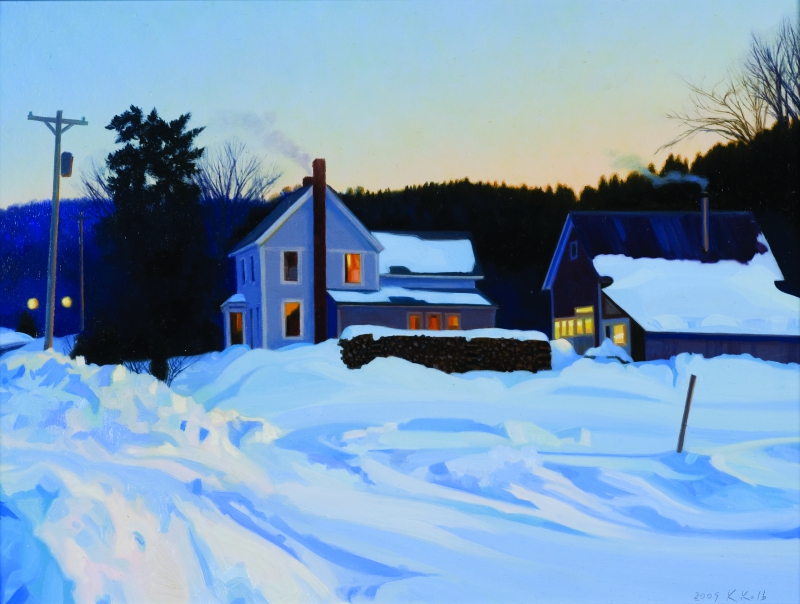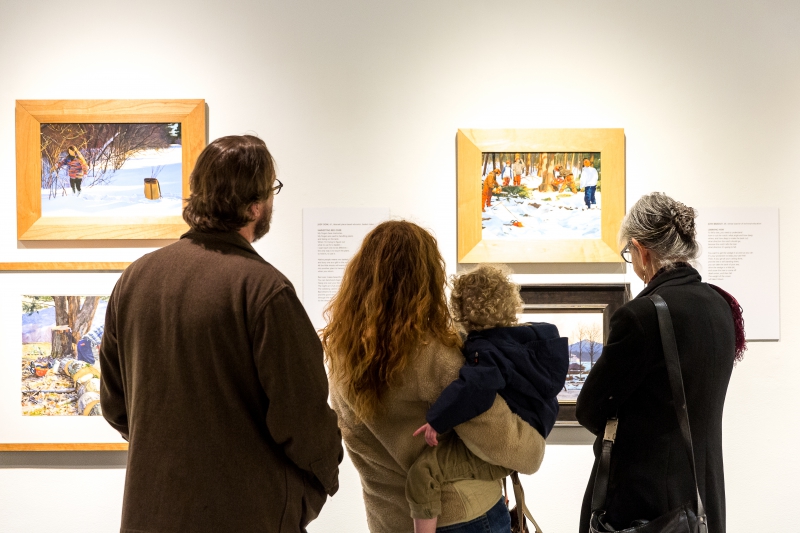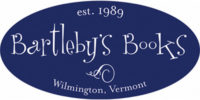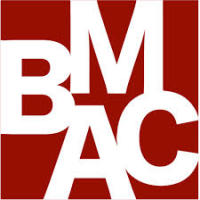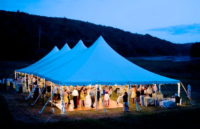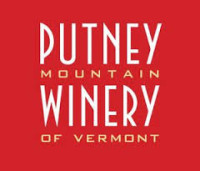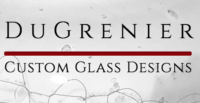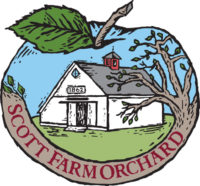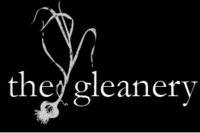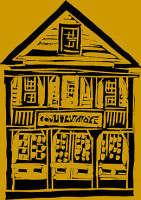An exhibit at Brattleboro Museum & Art Center marries poetry with the painted image in a celebration of the life and lore of the Vermont forest
Shedding Light on the Working Forest,” an exhibition of paintings and poems, is the deepest expression of an artistic friendship, nurtured over twenty-five years. Kathleen Kolb and I met as faculty members at the Governor’s Institute on the Arts, living and teaching painting and poetry, side by side. When Kathleen presented this series of paintings, I was struck by their humanity. Though utterly dependent on forest products, the public tends toward sentimentality about trees and ambivalence about loggers. Their essential work is hiding in plain sight.
I knew these paintings needed a voice. Kathleen provided introductions. The people I visited love her paintings. They were honored to act as ambassadors, guiding the viewer through the woods and interpreting their work.
There is another important backstory to Shedding Light: the sudden loss of my husband Richard Coutant, in the midst of our project. It was a mercy to immerse myself in a vital counter-narrative to metastatic pancreatic cancer. Each night I edited what I’d gathered before the diagnosis. Some words from logger-storyteller Bill Torrey shift their context as an epitaph.
And you want a good ending
when that tree hits the ground.
You create a bed for it.
Mortality is never far from the logger. Survival requires an assessment of risk, can-do gusto, and attention to the moment: qualities I admire.
Kathleen describes a “moment of emotional ignition” that kindles each work. Gazing at the art and reflecting on my visits with our narrators, I imagined that moment as I wrote these poems. —Verandah Porche
Morning Work on the Landing
Dawn, the chickadees kick in.
Father and son are glad to be
Done with farming for nothing:
24/7 starving to death.
And zero ain’t so bad when
You’re dressed for it.
The grapple holds aloft
A log longer than the man
Who felled it, snow on the bark.
The loader will never tuck this
One in the truck bed, and the son
Won’t snug it with his bar.
Gazing back, the father grins:
This painting is right on the money:
The red hat, the blue cab,
The shadow they stand in
Between fell and grapple.
Everyone’s life is a book, he adds.
What leaves his son won’t turn
Let’s overlook,
Like this valley or the empty
Mountain Dew not littering
The forest floor.
—Verandah Porche
This is the painting that first drew me in: the tree in midair, the blues of mountain, truck cab, shadows. Father and son: what were they thinking? Larry Sherman and I discussed Jersey cows, log landings, guns, frostbite, and love. He had lost his son to an illness, but life was better now. By the time I wrote the poem, mourning work was my heavy lifting. The tiny green bottle of Mountain Dew, not flung, but carefully placed on the truck bed, cheered me.
Fuel of the People
for Dan and Sally Ober, Lincoln, Vermont
Home-smoke over whipped snow—
The village idles in the thick of winter.
The Town Clerk and her woodcarver
Will cross the path from labor to dinner:
Births or deaths pronounced
Among her liens and permits, salted away.
Everything that’s not a bobcat
flakes and falls from chiseled maple.
In a heartbeat, he will close the shop.
Cordwood holds its heat at large.
•
Let silence shadow you around the yard.
Turn your back on the saw-tooth dark.
—Verandah Porche
Dan Ober, a fine woodworker, talking about carving a bobcat, mentioned the quotation attributed to the Michelangelo. “You just chip away the stone that doesn’t look like David.” Sally, his wife, is the Lincoln, Vermont Town Clerk. I was intrigued by the wording of one of the Clerk’s services. “Vital records: Certified copies of birth, death, and marriage certificates are available here if the event occurred while you were a resident here, or if a birth or death was pronounced in town.” Hemlocks provide the “saw-tooth dark.”
Shedding Light on the Working Artist
Beneath the canopy you earn your keep,
Savvy as a logger pondering a harvest.
What stops your mind as you wander,
Camouflaged in silence, to the landing?
Stamina: the body language of necessity;
Humor: the by-product of risk-defiance.
The deep forgiveness of snow: cerulean
Delusion, our human blight’s disguise.
The log truck: its shadow like a tarp
Below the weary talk at evening.
Beauties springing from leaf litter
After a blizzard and a skidder.
Charcoal smudging a velvet edge
on steel: the taut hitch, the Husqvarna.
Back in the studio, your timber is wonder:
In the heart of the forest, the hefted sigh.
—Verandah Porche
As a landscape painter, Kathleen, like the loggers, harvests the forest. The forgiveness of the snow is its capacity to soften, to conceal our flaws, to reflect cerulean light. Her charcoal reveals the soul of tools. The “hefted sigh” is lifted and rooted. A heft is the home place sheep know so they can graze without fences. I learned this while completing my poem.
____________________
The exhibit runs through Jan 3 at Brattleboro Museum & Art Center. From January through May, it will be on display at Vermont Folklife Center, Middlebury; August through September, Great Mountain Forest/Norfolk Library in Norfolk, Conn.; and from October to December at the Vermont Supreme Court in Montpelier. In January 2017, the exhibit will be split between the Vermont State House in Montpelier and the Central Vermont Medical Center in Berlin.


